Ppi Chronic Kidney Disease
Ppi chronic kidney disease. 30 million people in the United States suffer from chronic kidney disease. In the general population adverse outcomes associated with PPI use include kidney disease itself hypomagnesemia vitamin B12 deficiency. Increased chance of chronic kidney disease.
Chronic kidney disease CKD affects approximately 136 of adults in the United States 1 is associated with a substantially increased risk of death and cardiovascular events 2 and accounts for a disproportionately large burden on the financial resources of Medicare. First two population-based studies described higher risk of AIN and acute kidney injury in patients prescribed PPIs. Using a proton pump inhibitor can increase the risk of developing CKD by 20 to 50 percent.
PPIs and Chronic Renal Disease Risk 2 VA Upstate New York 71516 patients Examined risk of CKD and PPIs 42001-42008 24149 34 developed CKD during this period of these 244 on PPI Odds ratio of CKD 110 for CKD in PPI users vs non-PPI users Odds ratio of death was 176 in PPI users vs non-PPI. Research now suggests that many of these cases may be related to PPI drugs. Chronic use of proton pump inhibitors PPIs in patients with chronic kidney disease CKD stages G3a to G4 may hasten the progression of kidney function decline according to a new study presented at the American Society of Nephrologys Kidney Week 2019 conference in Washington DC.
Since kidney function declines over time you may not notice any signs or symptoms of. PPIs and Chronic Kidney Disease. Symptoms of Chronic Kidney Disease.
Long-term PPI use and the risk of kidney disease. Acute interstitial nephritis secondary to proton pump inhibitors PPIs frequently goes undiagnosed due to its subacute clinical presentation which may later present as chronic kidney disease CKD. It has not been proven that PPI use causes chronic kidney disease but some.
Proton pump inhibitor PPI duration of. 7 Despite the limitations inherent in observational studies the robustness of the observations in this large study suggests a true association between PPI use and increased CKD risk. 1 The increasing prevalence of CKD among communities cannot be fully explained by trends in known risk factors such as diabetes.
Researchers find that physicians prescribe much longer courses of PPI therapy to patients with vs without CKD despite the potential nephrotoxic effects. We investigated the association of PPI use with the development of CKD and death.
While the association between PPIs and AIN is well described the population incidence of PPI-induced AIN and its contribution to the burden of chronic kidney disease CKD was unclear until recently.
Researchers find that physicians prescribe much longer courses of PPI therapy to patients with vs without CKD despite the potential nephrotoxic effects. Use of proton pump inhibitors PPIs is associated with. Over a median of 139 years of follow-up in the Atherosclerosis Risk in Communities study the incidence of. Long-term PPI use and the risk of kidney disease. Here are some risks and issues that have occurred in some people. Chronic kidney disease CKD affects approximately 136 of adults in the United States 1 is associated with a substantially increased risk of death and cardiovascular events 2 and accounts for a disproportionately large burden on the financial resources of Medicare. First two population-based studies described higher risk of AIN and acute kidney injury in patients prescribed PPIs. Chronic kidney disease CKD affects more than 10 of the US population and is associated with significant morbidity and mortality as well as a considerable economic burden to the healthcare system. Increased chance of chronic kidney disease.
Long-term PPI use and the risk of kidney disease. It has not been proven that PPI use causes chronic kidney disease but some. Here are some risks and issues that have occurred in some people. 7 Despite the limitations inherent in observational studies the robustness of the observations in this large study suggests a true association between PPI use and increased CKD risk. Over a median of 139 years of follow-up in the Atherosclerosis Risk in Communities study the incidence of. Long-term PPI use and the risk of kidney disease. Evaluate the relationship between PPI use and the development of chronic kidney disease CKD.






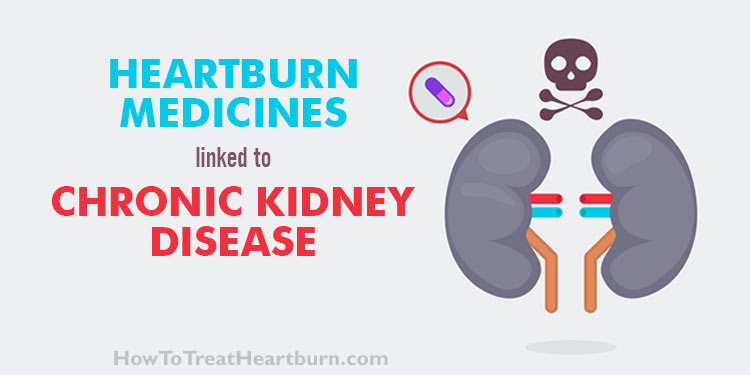




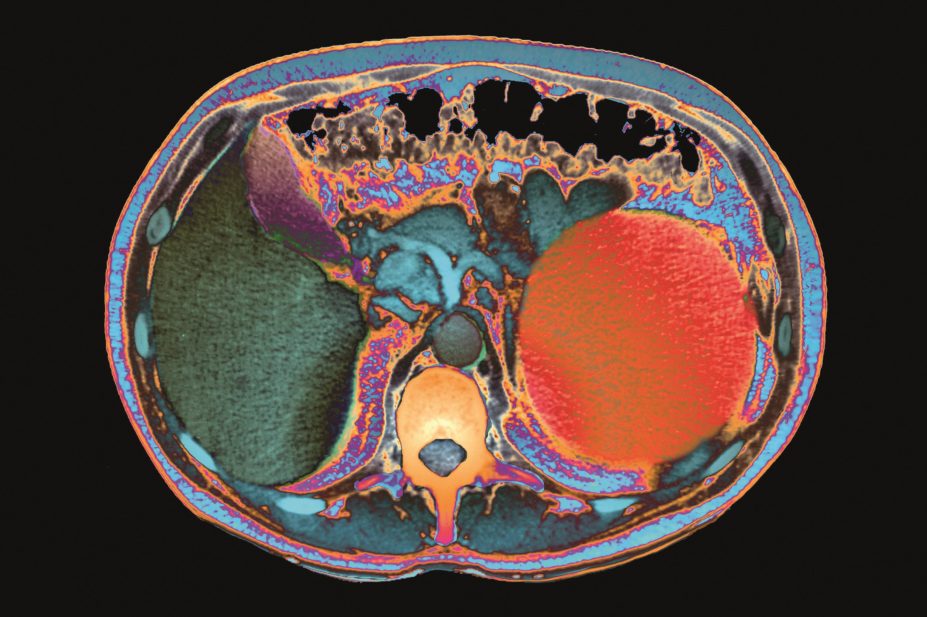


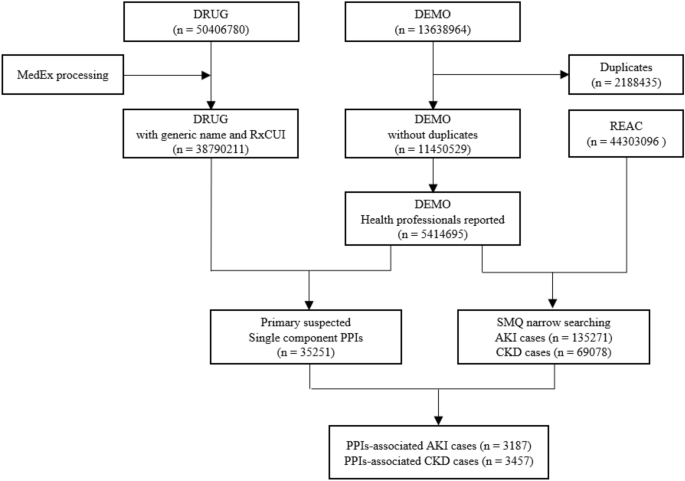





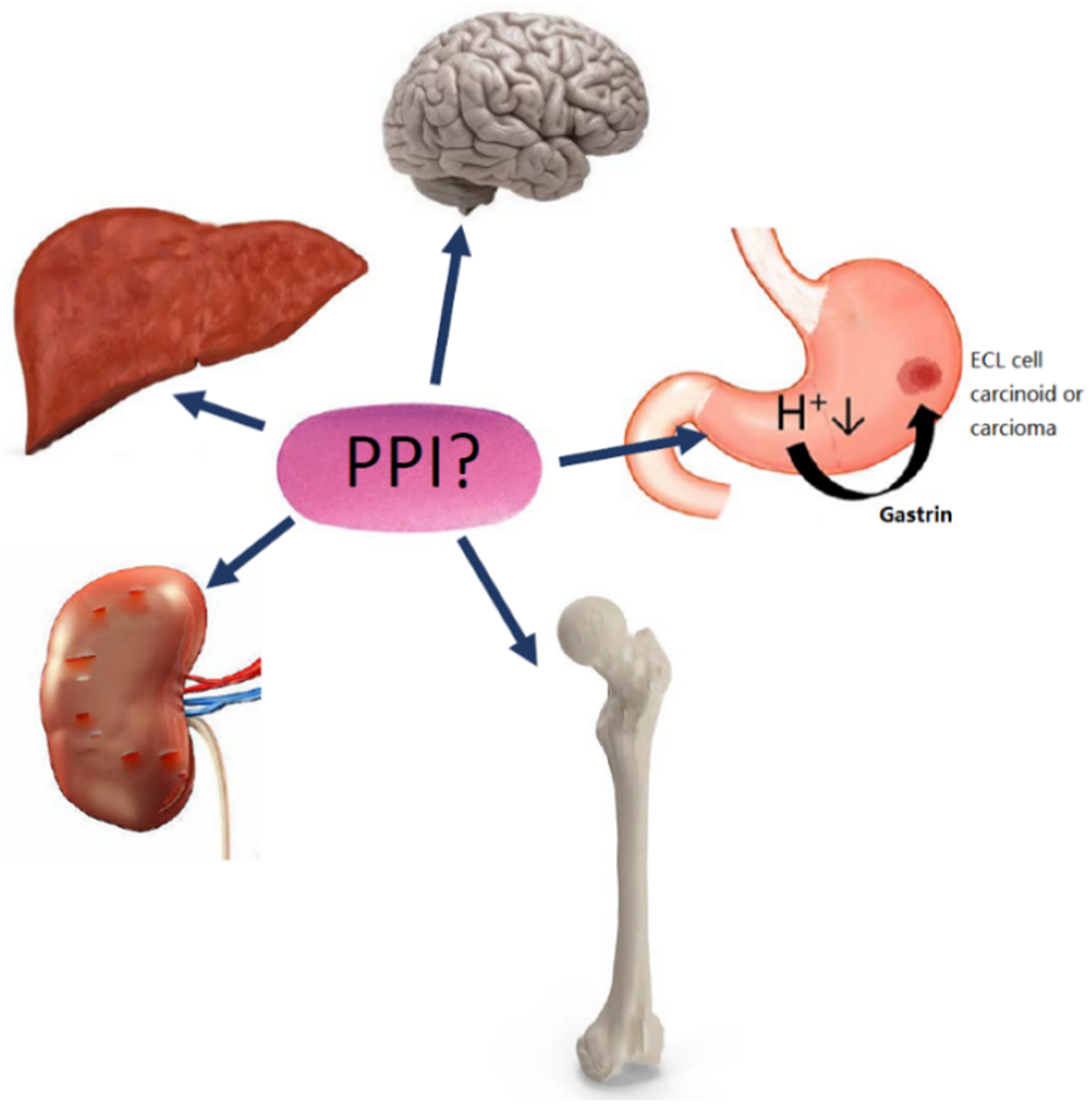
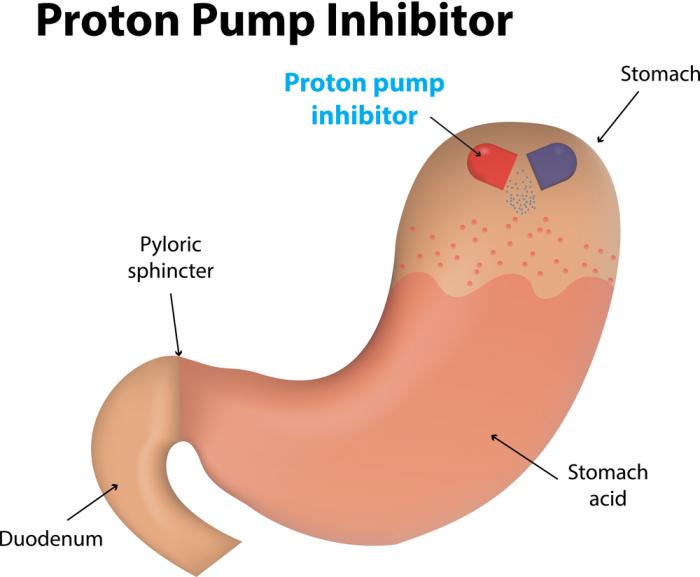





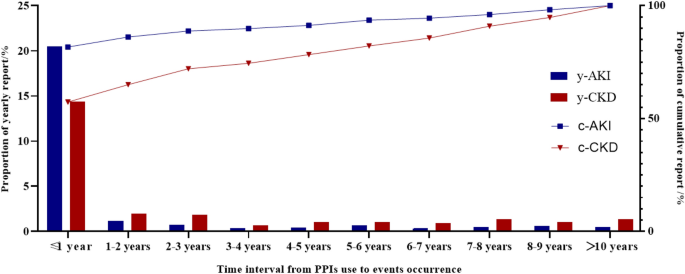
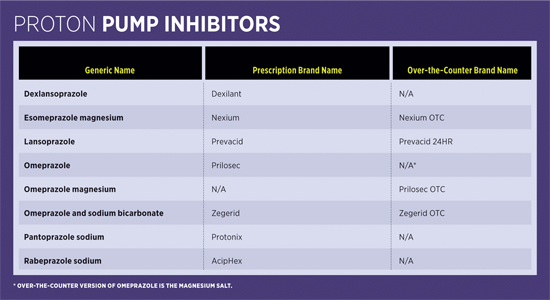



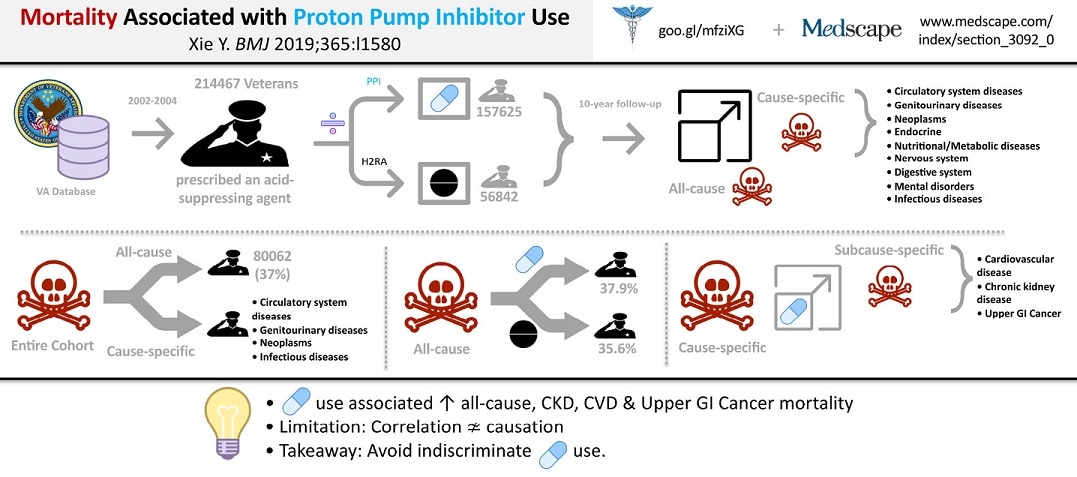

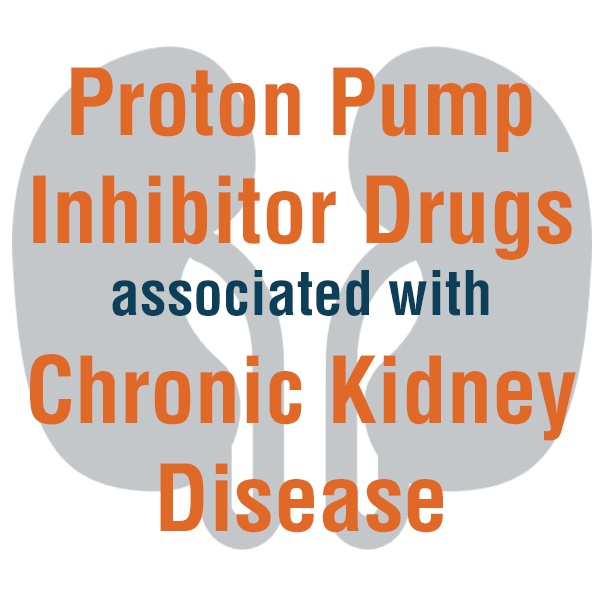
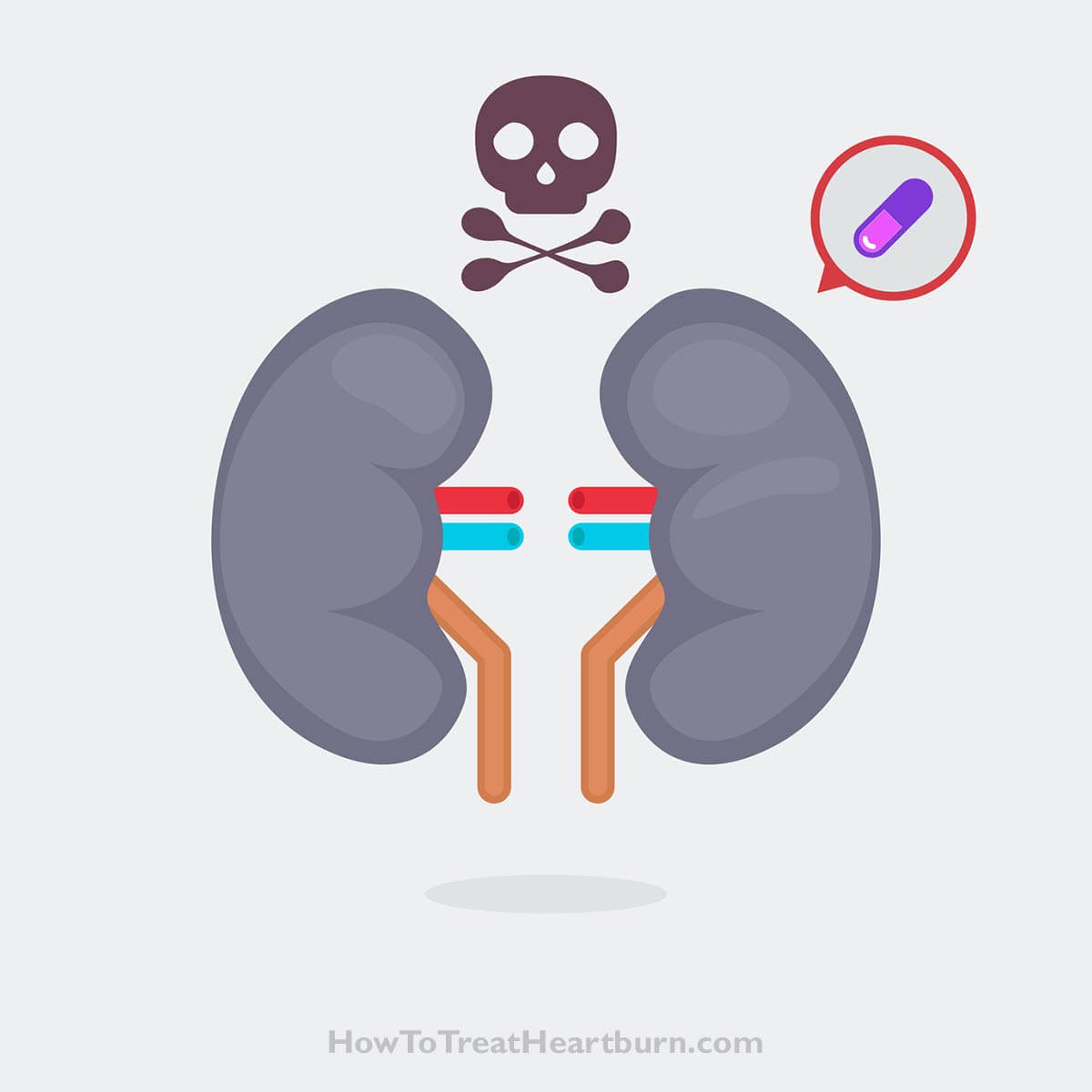
.jpg)
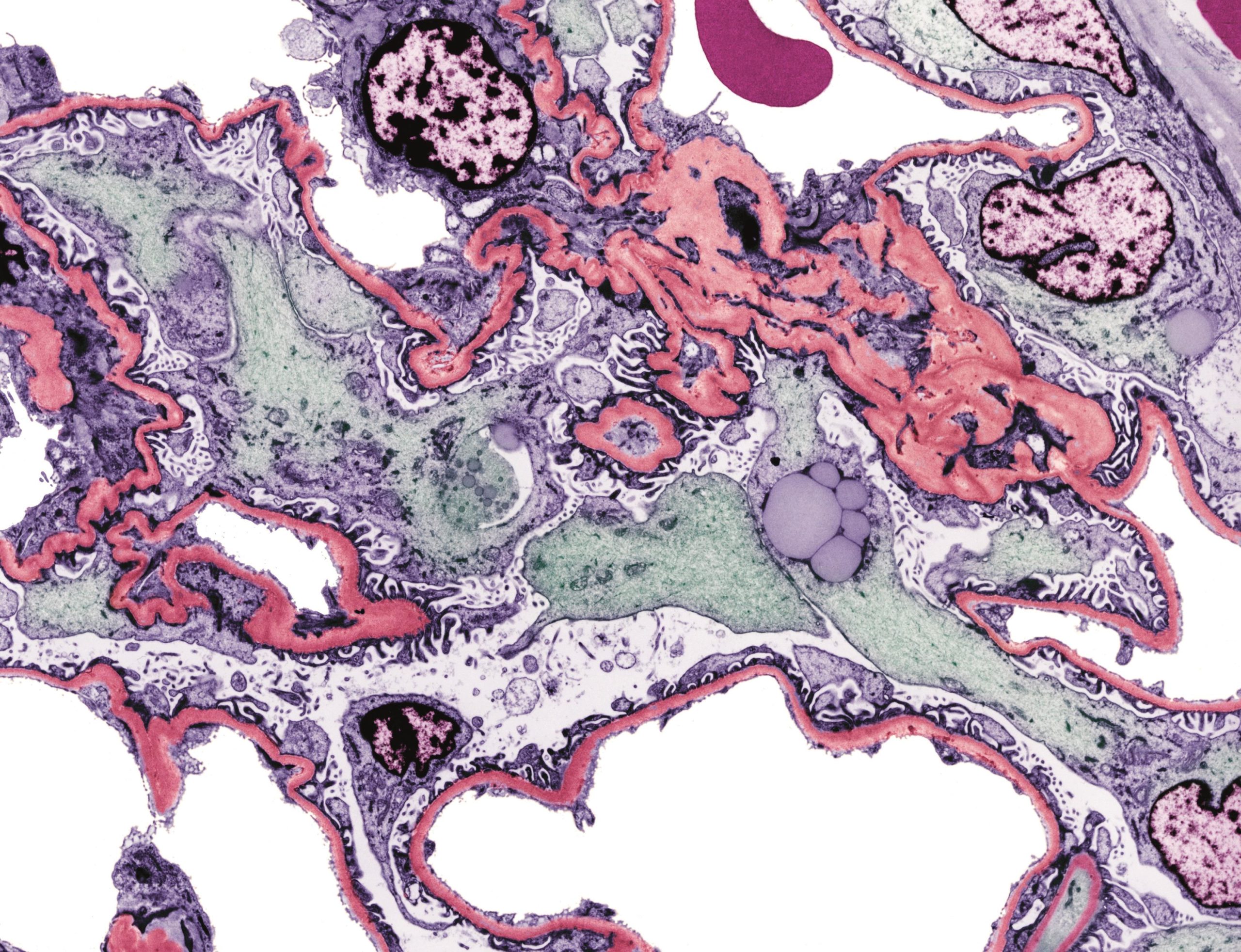



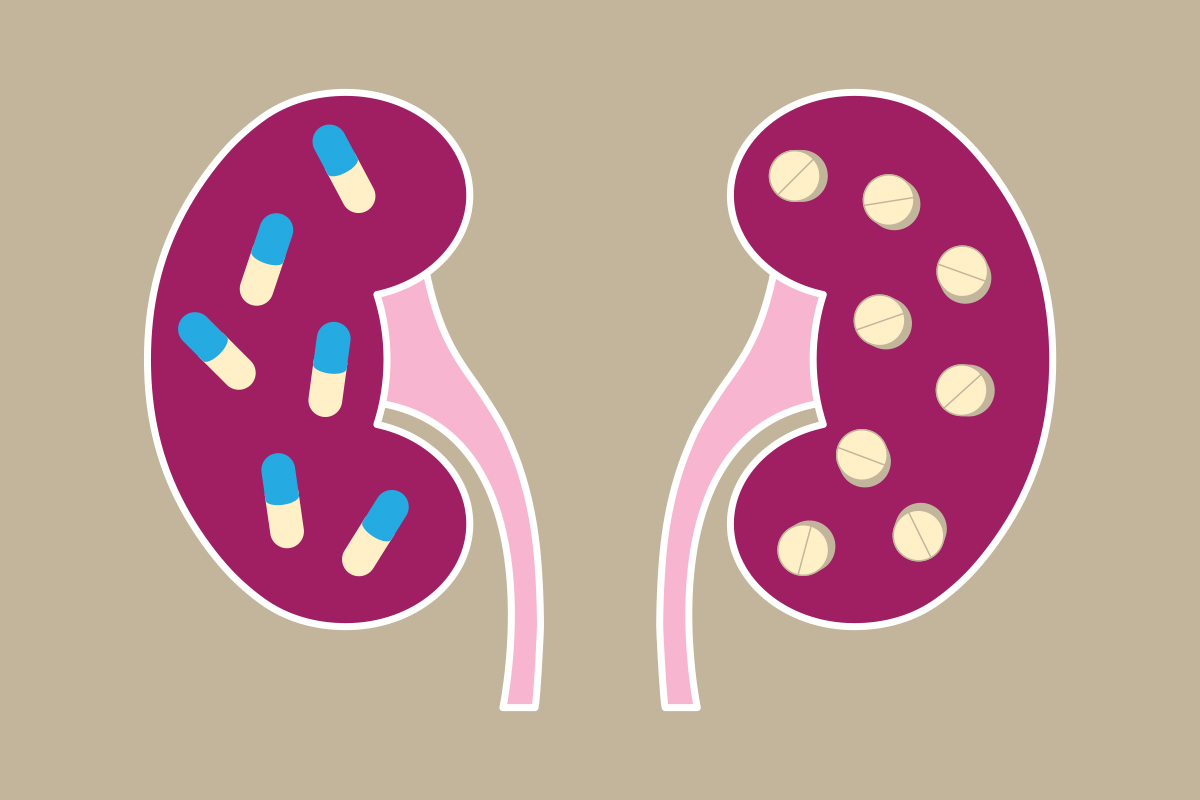



Post a Comment for "Ppi Chronic Kidney Disease"